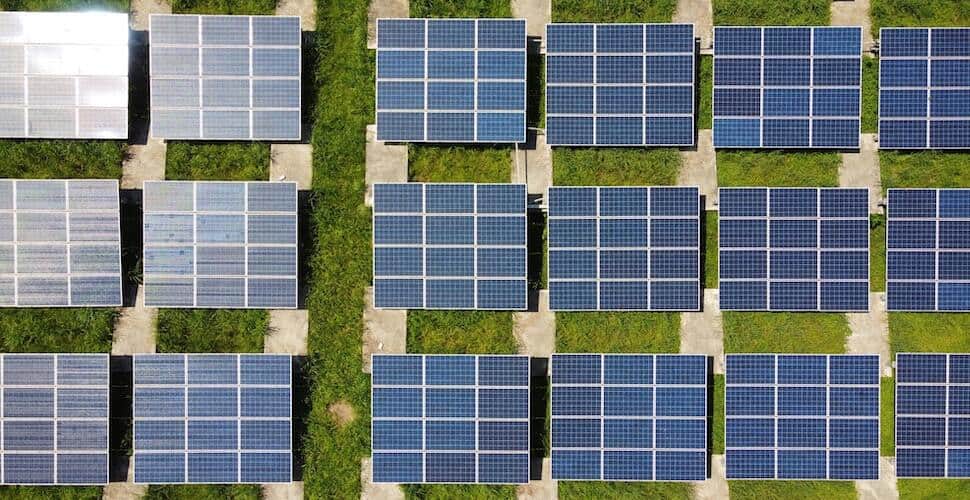Australian clean energy industry issues modern slavery warning

In a report this week, Australia's Clean Energy Council is calling for more local manufacturing of renewable energy products in response to growing evidence of modern slavery in the global clean energy industry.
The Guardian reports,
Released on Tuesday, the paper said slavery in all supply chains was a global problem. But Australia is on a trajectory towards generating the vast majority of its electricity from solar, wind, hydro and batteries by 2030 and needs to play an active role in addressing it in renewable energy industries.
“We're at a moment in time when renewable energy supply chains are going to be scaling up significantly,” Dr Nick Aberle, the Clean Energy Council's energy generation and storage policy director, said. “That means now is a critical opportunity to shape the future direction of those supply chains.”
The need for a just transition
While a trend towards green energy, coupled with a dramatic reduction in cost in renewables in the last decade, is encouraging, the current transition has not come without a price. As noted by the Council, almost 45% of the world's solar-grade polysilicon supply is found in the Uyghur Region while up to 30% of the world's cobalt supply is linked to forced child labor in the Democratic Republic of Congo.
The Freedom United community has been calling for forced labor free clean energy for over a year now – and we aren't alone. We've also been pushing for mandatory human right and environmental due diligence legislation to ensure supply chains are free from forced labor; this includes the production of solar power and cobalt mines for electric vehicle batteries.
World leaders must ensure a human rights led approach
New South Wales Anti-Slavery Commissioner, Dr James Cockayne, told the Guardian, “We need to see industry, government, the financial sector and civil society working together to provide access to competitively costed, slavery-free renewable energy. If we don't, modern slavery risks significantly complicating the just transition to a decarbonised economy.”
We absolutely agree. While it's great to see industry commit to a just transition, they can't do it alone. As governments and international organizations pursue solutions to tackle the climate crisis and achieve a sustainable future, we are urging world leaders to commit to a transition to renewable energy whilst ensuring forced labor in mineral extraction and manufacturing is eradicated.
Sign the petition calling calling for climate justice without modern slavery.
This “Eyes on Trafficking” story is reprinted from its original online location.
 ABOUT PBJ LEARNING
ABOUT PBJ LEARNING
PBJ Learning is a leading provider of online human trafficking training, focusing on awareness and prevention education. Their interactive Human Trafficking Essentials online course is used worldwide to educate professionals and individuals how to recognize human trafficking and how to respond to potential victims. Learn on any web browser (even your mobile phone) at any time.
More stories like this can be found in your PBJ Learning Knowledge Vault.
EYES ON TRAFFICKING
This “Eyes on Trafficking” story is reprinted from its original online location.
ABOUT PBJ LEARNING
PBJ Learning is a leading provider of online human trafficking training, focusing on awareness and prevention education. Their interactive Human Trafficking Essentials online course is used worldwide to educate professionals and individuals how to recognize human trafficking and how to respond to potential victims. Learn on any web browser (even your mobile phone) at any time.
More stories like this can be found in your PBJ Learning Knowledge Vault.
